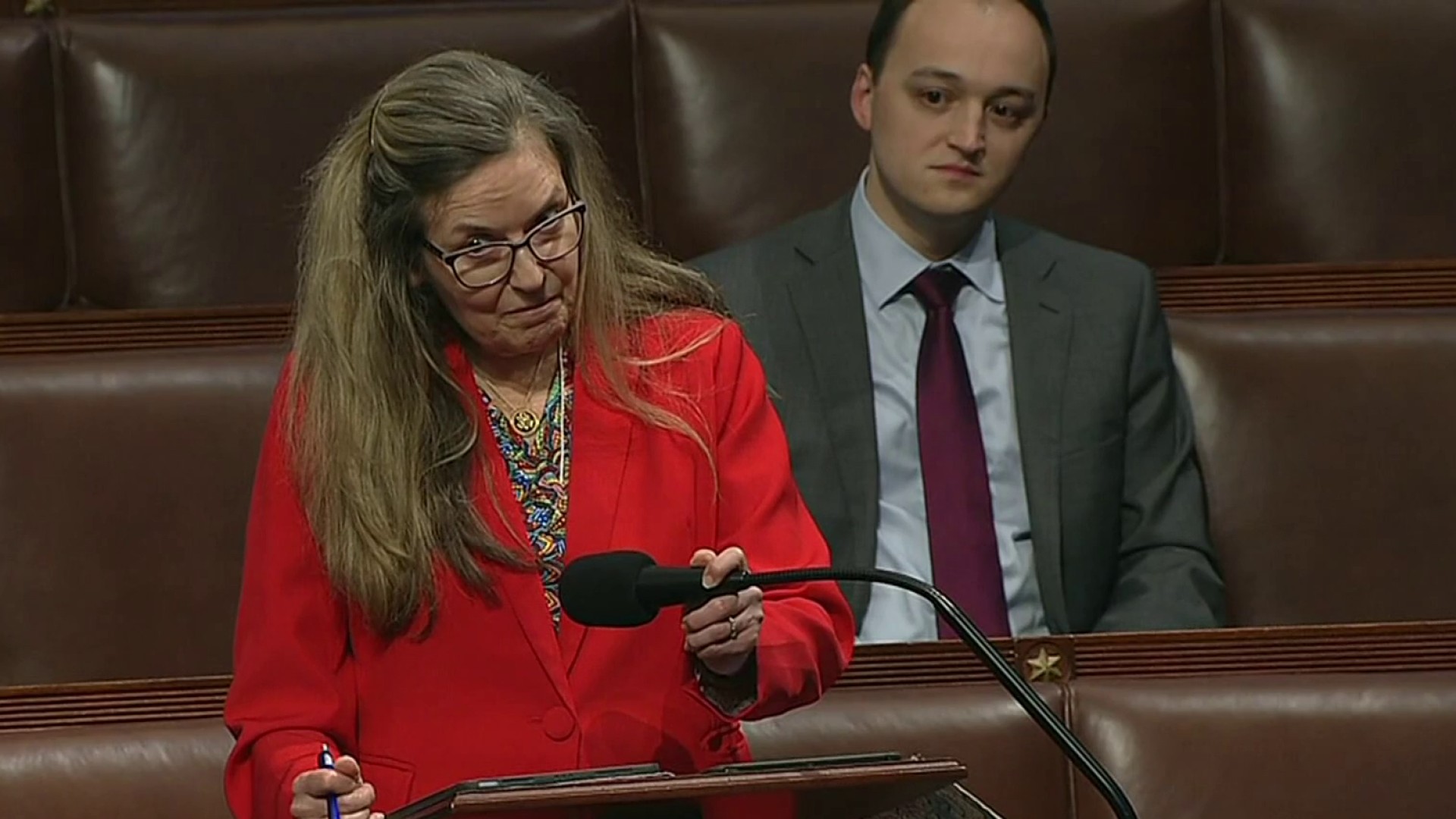Gov. Larry Hogan vetoed five bills on Friday, including two relating to transportation and a measure to increase Maryland's use of renewable energy.
Hogan vetoed a bill that would have required the state to start saving money to pay for a $1 billion replacement for the Harry W. Nice Memorial Bridge. It carries U.S. 301 from southern Maryland to the Northern Neck of Virginia. Hogan said in a veto letter that the bill was an intrusion on the Maryland Transportation Authority's independence defined in law. He also said the bridge is a priority of his administration, noting that more than $61 million has been allocated in a six-year transportation plan.
``Given this administration's sizable investment in this facility, this legislation is entirely unnecessary,'' Hogan wrote.
The governor also vetoed a measure to create an oversight board for Maryland's transit agency. He described it as ``a sophomoric attack'' on transportation policy by creating ``a politically driven board to second-guess the authority of the executive branch.''
Del. Brooke Lierman, D-Baltimore, said she was frustrated by the governor's veto. She said she sponsored the bill, because her constituents are underserved by the transit system. She said buses often are late or don't show up or are overcrowded and can't pick people up along routes.
``When I ran for office, one of the reasons I ran was because I felt that the state MTA was not serving the residents of Baltimore in the way that it should be,'' Lierman said.
The Republican governor has battled regularly with the Democrat-controlled General Assembly over transportation issues.
Local
Washington, D.C., Maryland and Virginia local news, events and information
Hogan also vetoed a bill that would increase the amount of energy Maryland gets from renewable sources such as wind and solar power to 25 percent by 2020, up from the current goal of 20 percent by 2022.
``This legislation is a tax increase that will be levied upon every single electricity ratepayer in Maryland and, for that reason alone, I cannot allow it to become law,'' Hogan wrote in his veto letter.
The Maryland Sierra Club criticized the governor's decision.
``This action by Governor Hogan is deeply flawed,'' Josh Tulkin, director of the Maryland Sierra Club said. ``The Clean Energy Jobs Act was a win-win for Maryland because it had the support of businesses and environmentalists, grew the clean energy workforce in our state and deployed over a gigawatt of new renewable energy.''
The measure passed by a veto-proof margin, and Tulkin said he was confident the veto would be overridden. The legislature could try to override the vetoes when it convenes in January.



